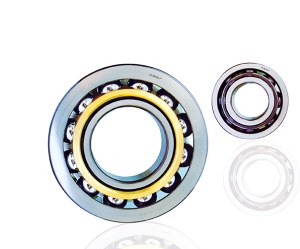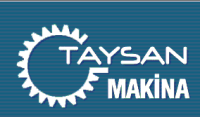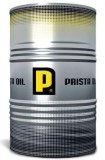Bearing Types and Uses
Types of ball and roller bearings for sale
Ball Bearings
Ball bearings are a bearing between a wheel and a fixed axle, in which the rotating part and the stationary part are separated by a ring of small solid metal balls. The moving parts rotate or slide on metal balls and in this case, the friction is reduced. ZWA ball bearings consist of angular contact ball bearings, deep groove ball bearings and thrust ball bearings.
Deep Groove Ball Bearings
Deep groove ball bearings are the typical rolling bearings which have the most widely application. It's suitable for those working conditions with higher rotating speed, lower noise and vibrating levels. Meanwhile, this kind of bearings is easy to mount or dismount, require for less maintenance and inspection. With deep groove ball bearing factory, ZWA' s products include single row and double row ones. For the single row deep groove ball bearings which are also the most widely used type, ZWA offer it with both capped and open. For the capped ones, it includes anti-rust design and anti-oil design. For the anti-dust design, the bearings are with pressed steel cap. And for the anti-oil design, the bearings are with seals to prevent lubrication leaking from inside.
Roller Bearings
Industrial and bearing supplies is a type of rolling-element bearing that uses rollers to keep the separation between the moving parts of the bearing and consists of cylindrical or tapered rollers running between raceways in two concentric rings. As a leading China bearing manufacturer, ZWA provides types of roller bearings, including spherical, cylindrical, tapered, circular ring and split roller bearings. Roller bearing can be applied in industries like mining, cement, steel, paper making, petroleum, etc.
Cylindrical Roller Bearings
Cylindrical roller bearings mostly consist of the cage, the rollers and guided by two capped edges on a ring. It is a kind of bearing can be separated. Inner ring is independent and exchangeable. With this feature, it's convenient to assemble or disassemble. In general, cylindrical roller bearings can bear high radial load and on the other hand, with the bearings structure, it can run well under high rotating speed.
Roller Bearings VS. Ball Bearings - What's the Difference?
As a general rule, ball bearings are used at higher speeds and lighter loads than are roller bearings. Roller bearings perform better under shock and impact loading.
Ball bearings are usually sold as assemblies and are simply replaced as units. Roller bearings can often be disassembled and the roller carrier and rollers, or the outer or inner races, replaced individually. Rear-wheel-drive cars use such arrangements for the front wheels. The advantage of this design is that the races can be shrunk fit onto shafts and into housings to create permanent assemblies without risking damage to the rollers themselves.
Single-row ball bearings are standardized and can be used interchangeably among manufacturers. Roller bearings are less-formally standardized so a specifier needs to consult a manufacturer's ball and roller bearings catalog to select one appropriate for the application.
Rolling element bearings are manufactured with a certain amount of internal clearance. Any misalignment that merely nudges a ball out of position and removes this internal clearance should not have much effect on the life of the bearing. Roller bearings are more sensitive to angular misalignment. For instance, a ball bearing running at moderate speed with a farly loose fit might operate successfully with angular misalignment as high as 0.002 to 0.004 in./in. between the bearing and shaft. A cylindrical ball and roller bearing engineering product, in comparison, might be in trouble if misalignment exceeded 0.001 in./in. Manufacturers will generally provide acceptable ranges of angular misalignment for their individual bearings.
If you want to know more bearing types and numbering system, please visit our website.
Location : North Segement, North Gongji Street, Wafangdian, China, 116300 Wafangdian,
Contact : Fu Celine, +86 0411 85518978








